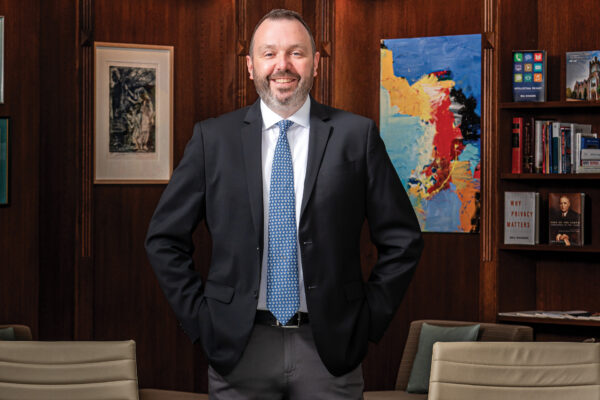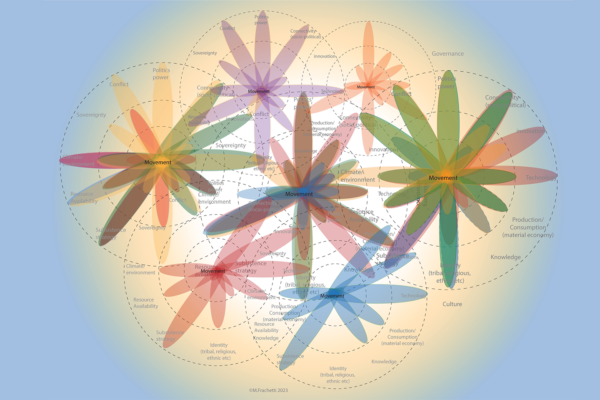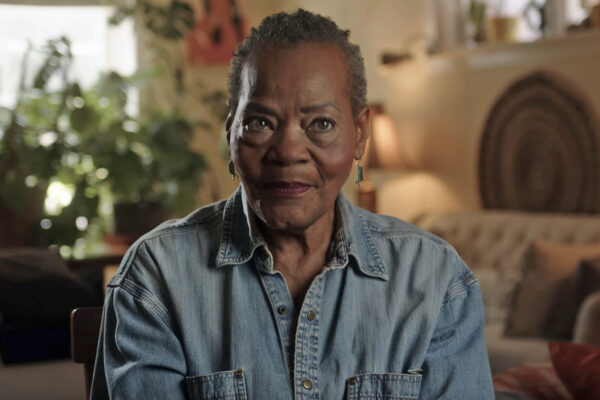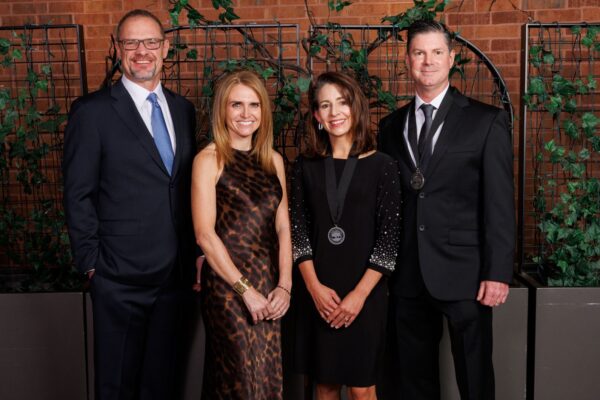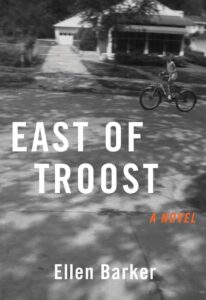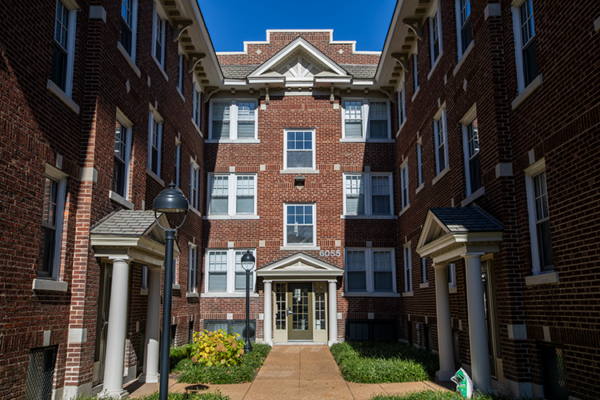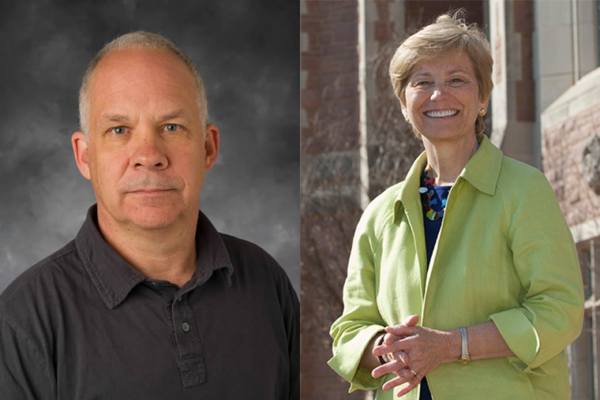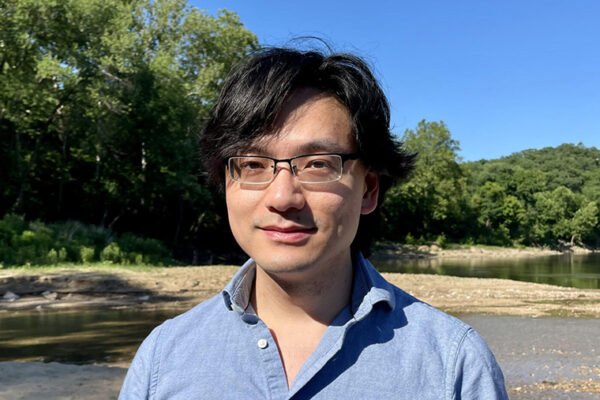How to survive in a digital world
Privacy expert Neil Richards, the Koch Distinguished Professor of Law, says the path to surviving the “Information Revolution” is
through both education and the law.
New tool to enable exploration of human-environment interactions
In a new Science Advances report, a team of researchers led by Michael Frachetti in Arts & Sciences is calling for a strengthened commitment to transdisciplinary collaboration to study past and present human-environmental interactions, which they say will advance our understanding of the complex, entangled histories.
Navigating political discussions at holiday gatherings
Planning to stay mum around the holiday table when the subject of politics comes up? Political scientist Taylor Carlson, in Arts & Sciences, says we would be better off learning to have open, respectful conversations with one another — especially with those who have opposing viewpoints.
School of Law tax clinic helps St. Louis woman keep her home
Students and faculty working with the Low Income Taxpayer Clinic at the Washington University School of Law were able to help a St. Louis woman reduce her tax debt and keep her house.
Open enrollment privacy concerns
During this open enrollment season, parents should consider privacy implications when adding their adult children to their health insurance plan, said a health insurance expert at Washington University in St. Louis.
Sanz awarded Saint Louis Zoo Conservation Award
Anthropologist Crickette Sanz in Arts & Sciences was honored with the Saint Louis Zoo’s 2023 Conservation Award, which recognized her work with David Morgan to help ensure the long-term survival of chimpanzees and gorillas in the Congo Basin.
East of Troost
A Novel
Under the guise of a starting-over story, this novel deals with subtle racism today, overt racism in the past, and soul-searching about what to do about it in everyday living.
St. Louis online rental market reflects biases, neighborhood stigma, study finds
Analyzing more than 94,000 Craigslist rental housing advertisements in St. Louis city from 2017-2020, Ariela Schachter, in Arts & Sciences, found consistent trends that reflect the implicit bias landlords and renters have about neighborhoods based on their racial and socioeconomic makeup.
Gordon to discuss history of racial segregation, urban inequality
Historian Colin Gordon will discuss his new book, “Patchwork Apartheid: Private Restriction, Racial Segregation, and Urban Inequality,” at a Public Interest Law & Policy Speakers Series event at noon Monday, Nov. 6, in Anheuser-Busch Hall. The book documents the history and consequences of private restrictions in greater St. Louis and other Midwest towns.
Chen wins digital humanities fellowship
Ruochen Chen, a doctoral candidate in history in Arts & Sciences, has won a Gale Non-Residential Fellowship from the Association for Asian Studies.
Older Stories
